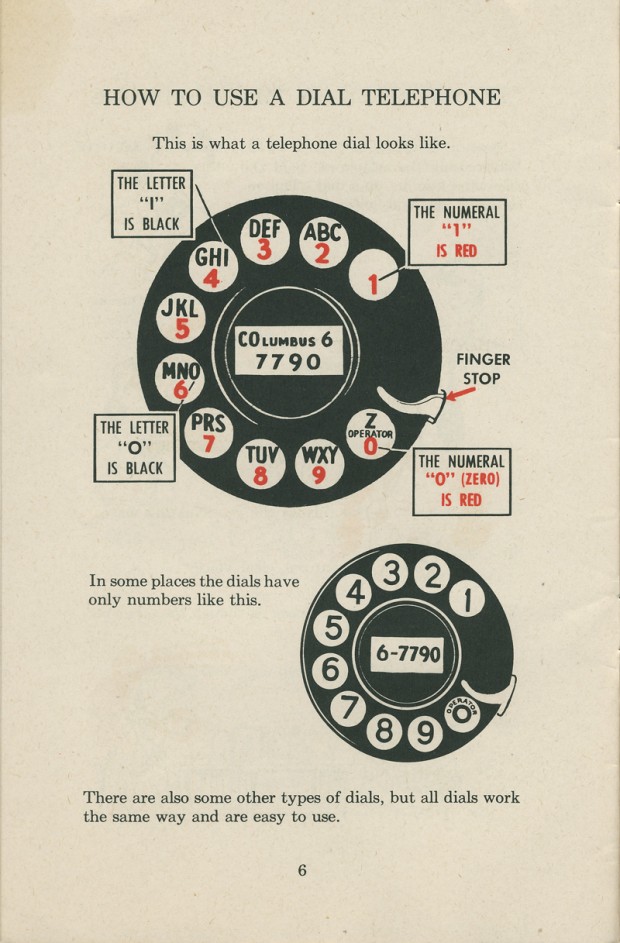Spring Break Rewind #2 - Tuesday, rain, and playing the long game
Note: It is Spring Break week here in Western New York, (for the school-age kids anyway), and while I will still be working and traveling to New York City to present at a conference, this week will be busier than most. So this week on the blog I'll be re-running some pieces from the last 12 months or so. Yes, I am being lazy. Cut me some slack. Anyway, if you are on Spring Break this week, I hope you have a great little vacation!
This piece - 'Tuesday, rain, and playing the long game', originally ran in September 2012.
--------------------------------------------------------------------------------
Ever since Malcolm Gladwell pitched his now famous 10,000 hours theory, it cemented into our awareness what most everyone has known for a really long time - overnight success is usually not overnight at all, and the long, slow grind of experiments, failures, refinements, learning, and disappointments is what (mostly) leads to what only seems like overnight success. Johns - Figure 4
Johns - Figure 4
Even the 'Gangnam Style' guy has been plying his craft in one form or another for over 10 years.
We all know this to be true, it isn't novel, we were usually taught this in school starting in about 3rd grade, or whenever it was we ran face first into that first subject or concept that we didn't just 'get' right away. Maybe it was fractions, maybe sentence structure, adverbs, or long division - once that first bit of frustration with not understanding hits, we generally realize pretty quick the only (ethical) way forward is long, boring, hard, and largely unsatisfying effort. Unsatisfying until we do finally 'get it' and say things like 'It's all been worth it', or in the case of calculus, 'I'm glad I'll never have to go through that again.'
So while the 'you have to work really hard for a long time to become great at anything' isn't news, it still is a sentiment or guide that still bears repeating from time to time, (at least for me). And rarely have I seen it expressed as well as in a recent piece on the ESPN True Hoop blog called 'The long game is the only game', by Henry Abbott, (I know you are shocked, a basketball site).
Here's the money quote from Henry:
It may appear that NBA games are won with big moments when everybody is looking -- dunking over people, blocking shots, hitting a momentous jumper. And once in a while that does happen. But the reality is that many more careers and games turn on getting things right in the millions of small moments when nobody is looking. The big moments will always dominate the Hollywood version of events. But in real life, if you want to do the most you can to get the best possible results, it's a long game of putting together one solid day of training after another.
You want to know who's going to have the best NBA career? You could do worse than to simply figure out who puts in the most work to prepare.
Maybe in the NBA there are some exceptions to this, there are some supremely talented and physically gifted guys where the need for the day-in, day-out slog is not necessary to have successful and even legendary careers. But those guys are extremely rare, often work and practice much, much more than they let on, and often are looked back upon as not making the most of their physical gifts.
For the rest of us, who can't dunk a ball, or for whom irrational number theory never came naturally, we have to continue to grind away.
I got up early today, it's Tuesday, it's cold and raining. The kind of day that is pretty easy to fold to, to simply go through the motions, and come back tomorrow.
But that never gets it done.

 Steve
Steve



